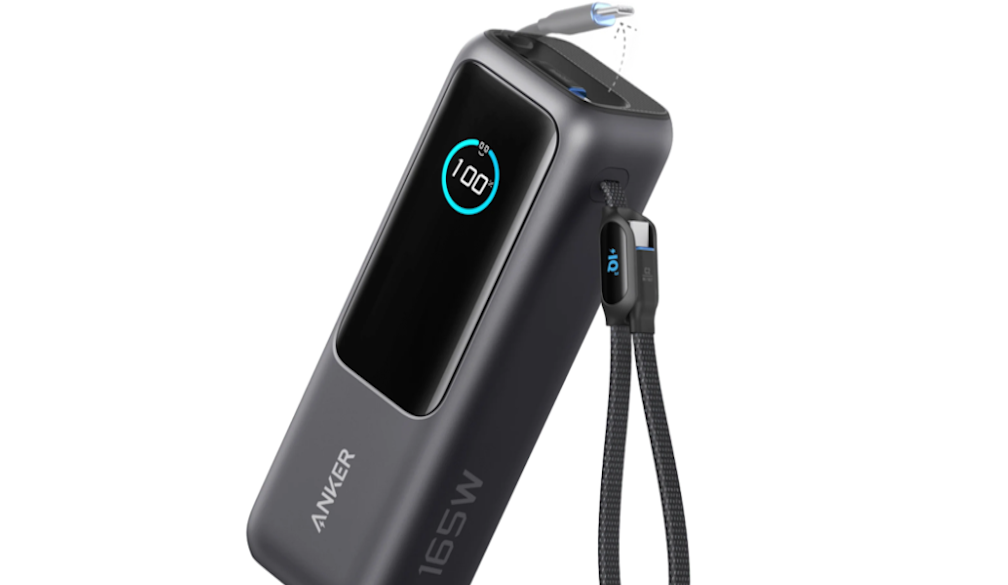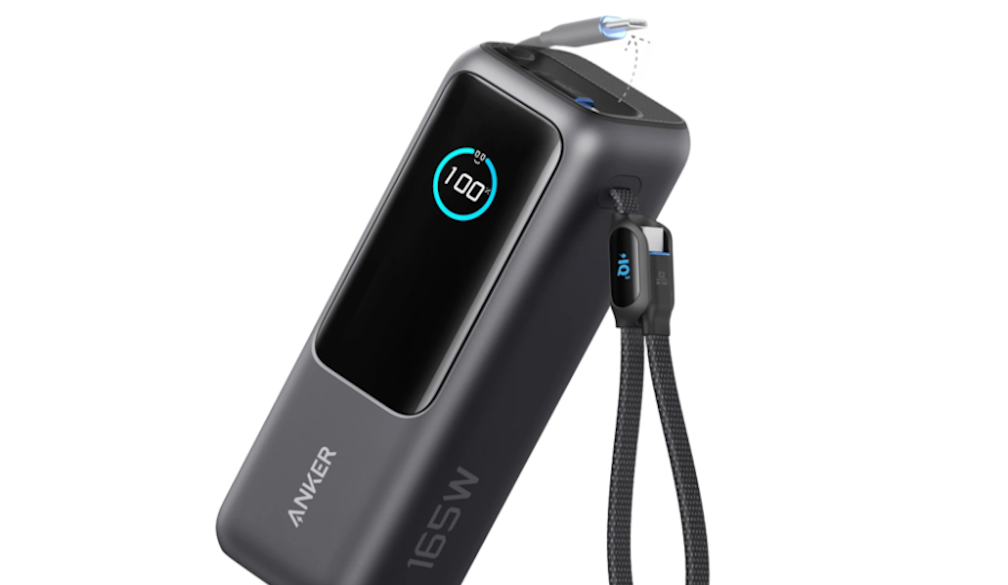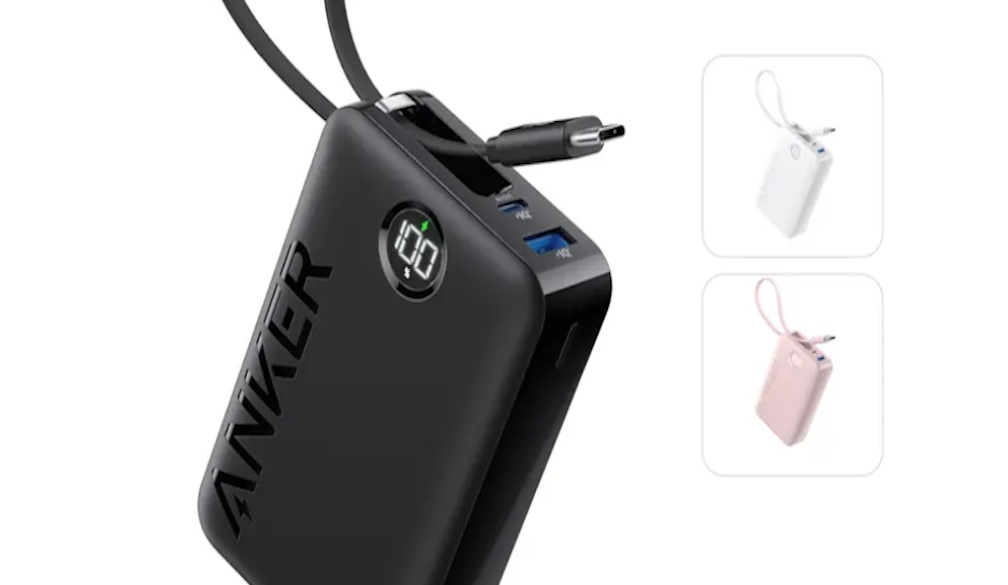how weight stigma in maternity care harms larger-bodied women and their babies
- Written by Briony Hill, Deputy Head, Health and Social Care Unit and Senior Research Fellow, Monash University

According to a study from the United States, women experience weight stigma in maternity care at almost every visit. We expect this experience to be similar in Australia, where more than 50% of women of reproductive age live in larger bodies.
Weight stigma can present as stereotyping, negative attitudes and discriminatory actions towards larger-bodied people.
It occurs in other areas of health care and in society at large. But our research is focused on weight stigma in maternity care, which can cause significant harm for larger-bodied women and their babies.
What does weight stigma look like in maternity care?
Sometimes weight stigma is explicit, or on purpose. Explicit weight stigma includes health-care professionals having negative attitudes towards caring for larger-bodied pregnant women. This might present, for instance, when health professionals make negative comments about weight or accuse women of dishonesty when they discuss their dietary intake.
Sometimes weight stigma is implicit, or unintentional. Implicit weight stigma includes maternity care providers avoiding physical touch or eye contact during consultations with larger-bodied women.
Policies, guidelines and environments also contribute to weight stigma. Women in larger bodies frequently report feeling stigmatised and unable to access the type of maternity care they would prefer. Lack of availability of adequately fitting hospital clothing or delivery beds are other notable examples.
In a review published last year, we looked at weight stigma from preconception to after birth. Our results showed larger-bodied women are sometimes automatically treated as high-risk and undergo extra monitoring of their pregnancy even when they have no other risk factors that require monitoring.
This approach is problematic because it focuses on body size rather than health, placing responsibility on the woman and disregarding other complex determinants of health.
Weight stigma is common in maternity care.How does this make women feel?
Qualitative evidence shows women who experience weight stigma during their maternity care feel judged, devalued, shamed and less worthy. They may feel guilty about getting pregnant and experience self-doubt.
As one research participant explained:
One doctor told me I was terrible for getting pregnant at my weight, that I was setting up my baby to fail […] I was in tears, and he told me I was being too sensitive.
A 2023 Australian paper written by women who had experienced weight stigma in maternity care recounted their care as hyper-focused on weight and dehumanising, robbing them of the joy of pregnancy.
According to one woman, “there was no compassion or conversation, just blame”.
Beyond making women feel humiliated and disrespected, weight stigma in maternity care can affect mental health. For example, weight stigma is linked to increased risk of depressive symptoms and stress, disordered eating behaviours and emotional eating.
One of the key reasons why weight stigma is so damaging to pregnant women’s health is because it’s closely linked to body image concerns.
Society unfairly holds larger-bodied women up to unrealistic ideals around their body shape and size, their suitability to be a mother, and the control they have over their weight gain.
Self stigma occurs when women apply society’s stigmatising narrative – from people in the community, the media, peers, family members and health-care providers – to themselves.
Impacts on mum and baby
Several adverse pregnancy and birth outcomes have been linked to weight stigma in maternity care. These include gestational diabetes, caesarean birth and lower uptake of breastfeeding.
While we know these things can also be linked to higher body weight, emerging evidence shows weight stigma may have a stronger link with some outcomes than body mass index.
There are a variety of possible reasons for these links. For example, weight stigma may result in delayed access to and engagement with health-care services, and, as shown above, poorer mental health and reduced confidence. This may mean a woman is less likely to initiate and seek help with breastfeeding, for example.
Experiencing weight stigma also leads to a stress response in the body, which could affect a woman’s health during pregnancy.
In turn, the adverse effects of weight stigma can also affect the baby’s health. For example, gestational diabetes has a range of potential negative outcomes including a higher likelihood of premature birth, difficulties during birth, and an increased risk of the child developing type 2 diabetes.
But the burden and blame should not fall on women. Pregnant and postpartum women should not have to accept experiences of weight stigma in health care.
What can we do about it?
While it’s essential to address weight stigma as a societal issue, health services can play a key role in undoing the narrative of blame and shame and making maternity care more equitable for larger-bodied women.
Addressing weight stigma in maternity care can start with teaching midwives and obstetricians about weight stigma – what it is, where it happens, and how it can be minimised in practice.
We worked with women who had experienced weight stigma in maternity care and midwives to co-design resources to meet this need. Both women and midwives wanted resources that could be easily integrated into practice, acted as consistent reminders to be size-friendly, and met midwives’ knowledge gaps.
The resources included a short podcast about weight stigma in maternity care and images of healthy, larger-bodied pregnant women to demonstrate the most likely outcome is a healthy pregnancy. Midwives evaluated the resources positively and they are ready to be implemented into practice.
There is a long road to ending weight stigma in maternity care, but working towards this goal will benefit countless mothers and their babies.
Authors: Briony Hill, Deputy Head, Health and Social Care Unit and Senior Research Fellow, Monash University



















